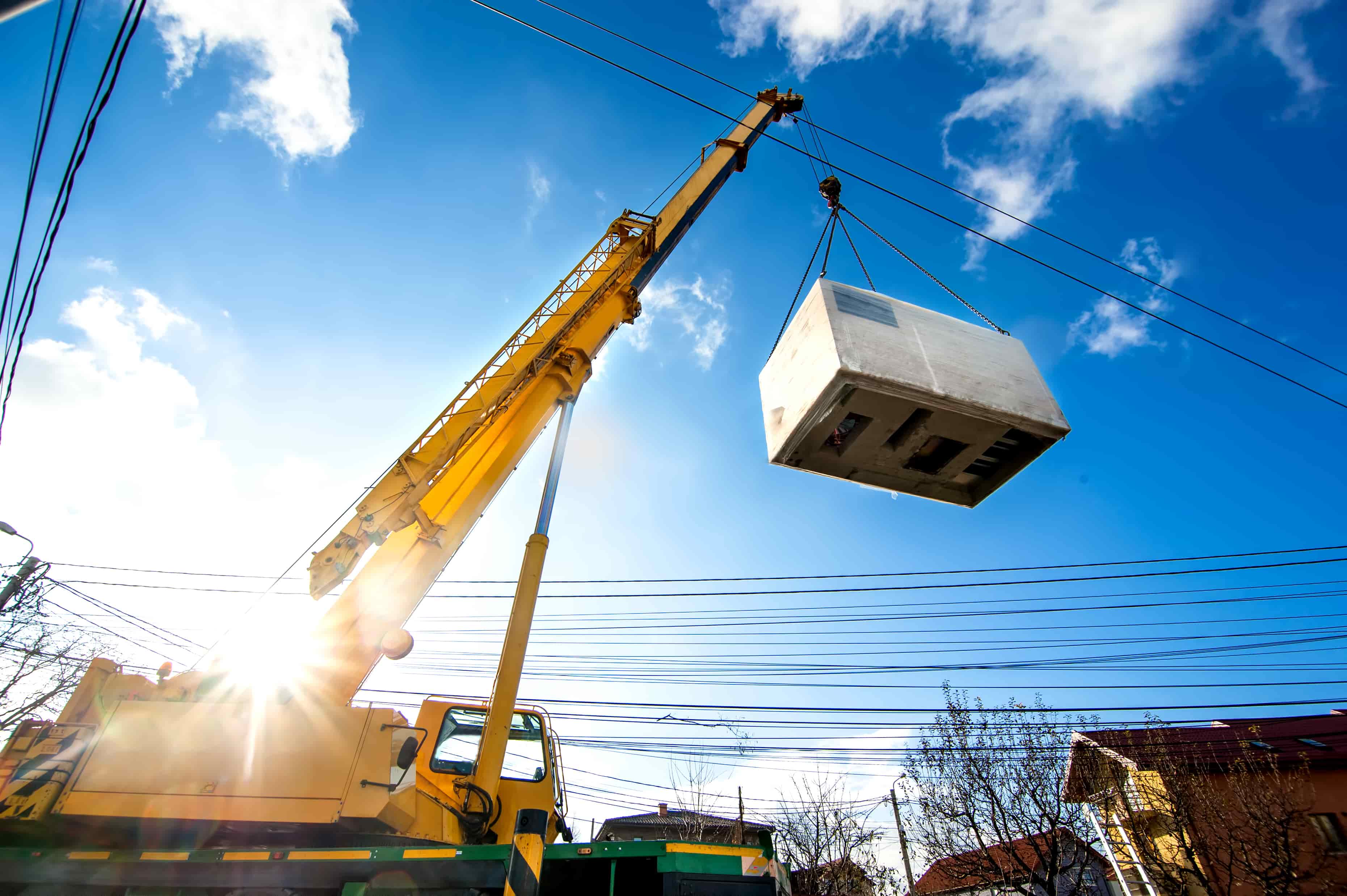Moving Mountains: Unleashing the Power of Construction Equipment and Machinery Movers

Construction equipment and machinery movers play a crucial role in the dynamic field of construction. With their power and precision, these heavy-duty machines are capable of moving mountains – quite literally – to pave the way for progress. From towering cranes to massive bulldozers, the arsenal of construction equipment is as diverse as it is impactful.
The importance of construction equipment and machinery movers cannot be overstated. They are the unsung heroes behind the scenes, working tirelessly to facilitate the construction process. These machines are designed to handle the toughest of tasks, effortlessly lifting and transporting heavy loads, excavating large areas, and shaping the terrain to match the vision of architects and engineers. They enable skyscrapers to rise, bridges to span vast distances, and roads to connect communities.
The advancements in technology within the construction industry have given rise to increasingly sophisticated machinery movers. Today, equipment equipped with state-of-the-art features like GPS guidance systems, remote control capabilities, and fuel-efficient engines are revolutionizing the way projects are executed. These advancements not only enhance efficiency but also contribute towards sustainability and environmental conservation.
The world of construction is continuously evolving, and the reliance on construction equipment and machinery movers grows ever stronger. As construction equipment transportation evolves, so too will the capabilities of these powerful machines. Their ability to move mountains and shape the world around us is a testament to their significance in the construction realm. So, let's delve deeper into the world of construction equipment and machinery movers to explore their impact, capabilities, and the future that lies ahead.
Advancements in Construction Equipment
In the fast-paced world of construction, advancements in equipment have revolutionized the industry. Construction equipment and machinery movers now offer enhanced features and capabilities, allowing for increased efficiency and productivity on the job site.
One notable advancement is the development of automated machinery. With the integration of artificial intelligence and sophisticated sensors, construction equipment can now operate autonomously, reducing the need for manual intervention. This not only improves safety but also streamlines operations, as tasks can be completed with precision and accuracy.
Another significant advancement is the improvement in construction equipment's power and performance. Modern machines are more robust and possess higher horsepower, enabling them to handle heavier workloads and tackle challenging terrain. Enhanced engine technology, coupled with advanced hydraulic systems, ensures optimal performance, helping construction crews complete projects in a more efficient and timely manner.
Furthermore, construction equipment manufacturers have introduced innovative features to enhance operator comfort and control. Ergonomically-designed cabs with state-of-the-art control panels and advanced suspension systems prioritize the operator's well-being, reducing fatigue and increasing productivity. Additionally, the integration of intuitive controls and user-friendly interfaces simplifies machine operation, allowing operators to navigate equipment with ease and precision.
Advancements in construction equipment have undoubtedly transformed the way projects are carried out. From autonomous operation to increased power and operator comfort, these advancements are propelling the construction industry forward while empowering machinery movers to move mountains and conquer new horizons.
The Role of Machinery Movers
Machinery movers play a crucial role in the world of construction equipment. These skilled professionals are responsible for safely relocating heavy machinery from one place to another. Whether it's a massive crane, a bulldozer, or a forklift, machinery movers are the experts who ensure that these vital tools are transported efficiently and securely.
One of the primary responsibilities of machinery movers is to carefully plan and strategize the movement of heavy equipment. They assess the dimensions, weight, and specific requirements of each piece of machinery, determining the most appropriate methods and techniques for relocation. By employing their expertise and knowledge, these movers ensure that the equipment is transported without any damage or complications.
In addition to planning, machinery movers also possess a strong understanding of different types of equipment and the specific challenges that come with moving them. This knowledge enables them to devise innovative solutions for safely loading, securing, and unloading heavy machinery. They may utilize specialized equipment such as cranes, dollies, and rigging systems to facilitate the smooth and secure transportation of these massive tools.

The role of machinery movers extends beyond the physical movement of equipment; they also contribute to the overall efficiency and productivity of construction projects. By efficiently relocating machinery, they help save time and resources. Their expertise eliminates the need for contractors to spend extensive amounts of time figuring out the logistics of equipment transportation, allowing them to focus on other critical aspects of the project.
In conclusion, machinery movers play a critical role in the construction industry by expertly relocating heavy equipment from one location to another. Through careful planning, technical knowledge, and efficient execution, they ensure the safe and secure transportation of these valuable tools, contributing to the success of construction projects.
Enhancing Efficiency in Construction Projects
Project efficiency is a crucial factor in the success of construction endeavors. By harnessing the power of construction equipment and machinery movers, companies can significantly enhance their efficiency and productivity. These powerful tools enable construction teams to streamline processes, improve workflow, and overcome various challenges that arise during project execution.
One key aspect where construction equipment and machinery movers contribute to enhanced efficiency is in the reduction of manual labor requirements. These machines have the capability to handle heavy loads, transport materials, and perform intricate tasks that would otherwise be physically demanding for workers. By automating these processes, construction projects can be completed in a more time-efficient manner, allowing teams to focus on other critical aspects of the project.
In addition to reducing manual labor, construction equipment and machinery movers also aid in optimizing resource allocation. These machines are designed to perform tasks with precision and accuracy, minimizing wastage of resources such as materials, time, and effort. With the ability to handle complex construction operations, they ensure that resources are utilized effectively, leading to cost savings and increased overall efficiency.
Moreover, the versatility of construction equipment and machinery movers enables them to adapt to various project requirements and challenges. These machines can be equipped with different attachments and tools, allowing them to perform multiple functions on the construction site. Whether it's excavating, lifting, compacting, or demolishing, these versatile tools empower construction teams to complete a wide range of tasks, eliminating the need for multiple specialized equipment and saving valuable time and resources.
In conclusion, construction equipment and machinery movers play a pivotal role in enhancing efficiency in construction projects. By reducing manual labor, optimizing resource allocation, and offering versatility, these powerful tools enable construction teams to overcome obstacles and navigate complex project requirements. With their assistance, projects can be executed more efficiently, ensuring timely completion and ultimately contributing to the success of the construction industry as a whole.
